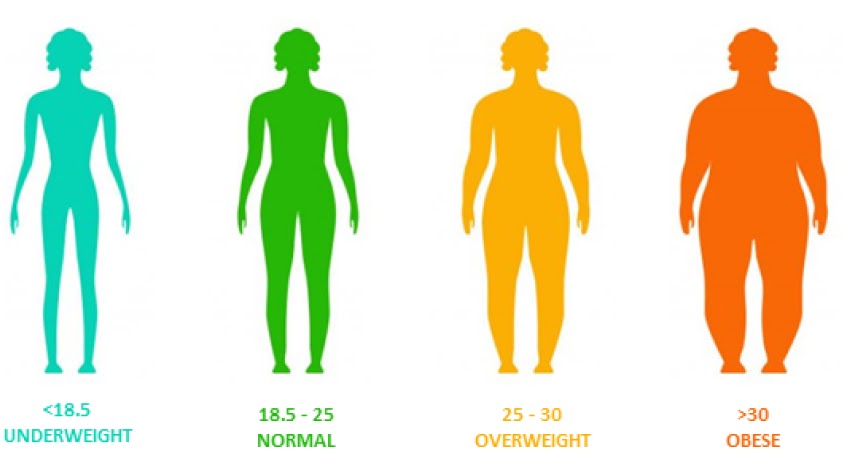
Everything You Need to Know About BMI
Although Body Mass Index (BMI) corresponds to body weight and not body fat, the value can indicate if your weight is healthy. However, a BMI value can be used to check if your lifestyle choices need to be changed.
BMI has been used widely as a screening tool for assessing potential weight problems. It is important to note that the BMI is not a diagnostic tool as it doesn’t measure body fat directly.
You can calculate your BMI by dividing your weight (kgs) by your height (metres) and then dividing the answer again by your height. BMI values are the same for both men and women.
A BMI within the 18.5 to 24.9 range is said to be a healthy weight indicator. A value lower than 18.5 means you could be underweight, while a higher value corresponds with being overweight. A value over 30 is considered dangerously overweight, that is, obese. Being obese puts you at risk of health problems such as heart disease, stroke and Type 2 diabetes and means you need to make alterations to your lifestyle.
Healthcare professionals usually use BMI values alongside an evaluation of diet and physical activity to determine if your weight can lead to health risks.
As BMI is reliant on excess weight rather than fat, muscular people such as athletes, weight trainers, and heavyweight boxer could have a healthy weight even though their BMI is high. That’s why you shouldn’t panic if your BMI seems higher than you’d like! A high BMI doesn’t always mean you’re unhealthy.
Ideally, you should use your BMI value as a starting point, to understand if you need to make any changes in your lifestyle. As mentioned, a BMI outside the healthy range can make you susceptible to serious medical conditions.
A sedentary lifestyle usually involves unhealthy choices that can impact your BMI – for example, you travel mainly by car or public transport, you don’t have an active job, you spend most of your work or leisure time sitting and you don’t take much exercise. Introduce some physical activity in your daily life; this could be in the form of a sport you like or choosing to use the stairs instead of the lift. Even with small changes to your lifestyle, you can gradually improve your BMI.
A healthy BMI however, doesn’t mean that your body is devoid of excess fat. Individuals with excess fat around the waist can be prone to suffer from heart disease even if they have a healthy BMI.
It’s common for people with high BMIs to aim for weight loss, however it’s more important to lose fat than weight – and make healthier lifestyle choices for an overall impact.

